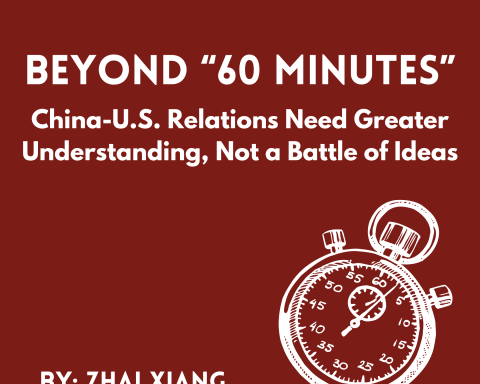When one thinks of the great commander-in-chief of a great country, one usually assumes that their power is but temporary and will die off once it officially expires. Hence, the public often displays doubts about the dealings of the White House and becomes greatly concerned that the ultimate ambition of the Potus is not to make America great, but instead to advance himself. However, it is extremely difficult to maintain those beliefs when we realize that the person we judge so rashly never stopped fighting for the betterment of their country, even when he can no longer benefit greatly from such a pursuit. This statement rings truer for none other than ex-President Jimmy Carter, a leader with one of the greatest post-presidency records on Earth.
It is true that President Carter did not leave the Oval Office with favourable ratings. In fact, he had previously lost the 1980 re-election in a historic landslide. Yet President Carter did not simply vanish into the lines of American history in the aftermath. He would continue to represent America and fight for human rights for the rest of his time.
Carter’s first post-presidency priority was the establishment of a non-profit, non-governmental organization known as the Carter Center. Carter wanted this platform for the purpose of finding solutions to key problems that plague the human race, focusing specifically on public health issues and conflict resolution. The Carter Center was then immediately set to work, alleviating these situations through public education and aid distribution. Carter’s accomplishments in matters of fighting infectious diseases are most impressive. Over almost three decades of hard work, the Carter Center has been credited with elimination of more than 99% of all cases of the Guinea worm disease.
Carter and his team also proved to be fiercely passionate about human rights issues. As an avid supporter of democracy with a large respect for the law, Carter was determined to bring these fundamental values to the developing countries that need it most through his election observation program. Since 1989, the Carter Center has monitored 102 elections in 39 different countries. Furthermore, the Carter Center actively supports human rights defenders, especially those who work in oppressed states or difficult situations. In fact, Carter and his wife Rosalynn have often personally intervened with heads of states in order to guarantee a peaceful negotiation. All these accomplishments eventually secured for Carter the 2002 Nobel Prize for Peace.
However, Carter’s extensive post-presidency legacy was not limited to his peacemaking efforts and achievements with disease eradication. During this time, Carter wrote an impressive number of twenty-one books, covering topics that range from humanitarian work to poetry and religion. His involvement with writing has strengthened his position as a remarkable global citizen.
Jimmy Carter is truly a living example of Michelle Obama’s inspirational quote: “People won’t remember what other people say about you, but they will remember w hat you do.” It is certainly difficult to try and belittle a man who has defined himself so beautifully through his life’s great work.
By Margaret Lu




